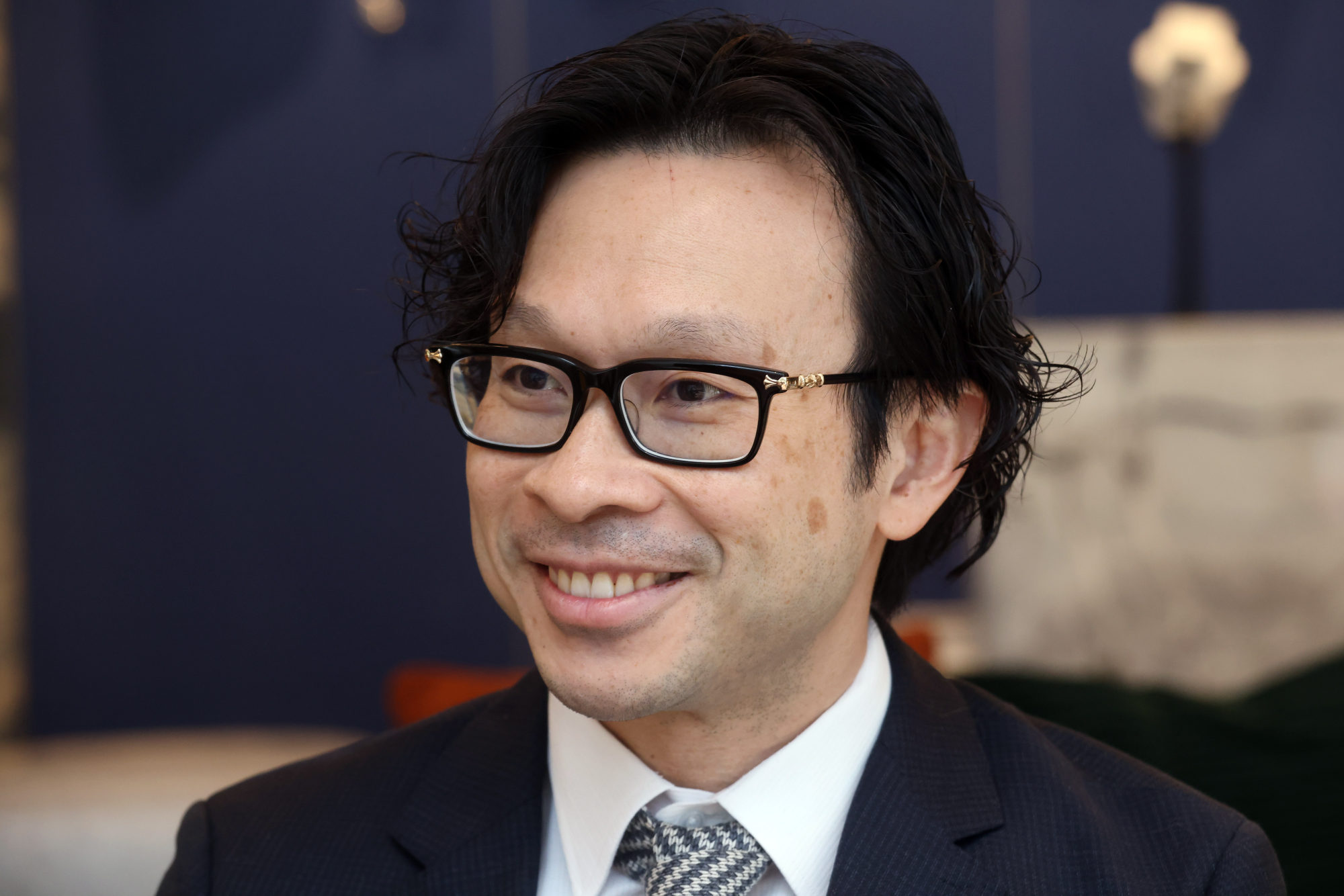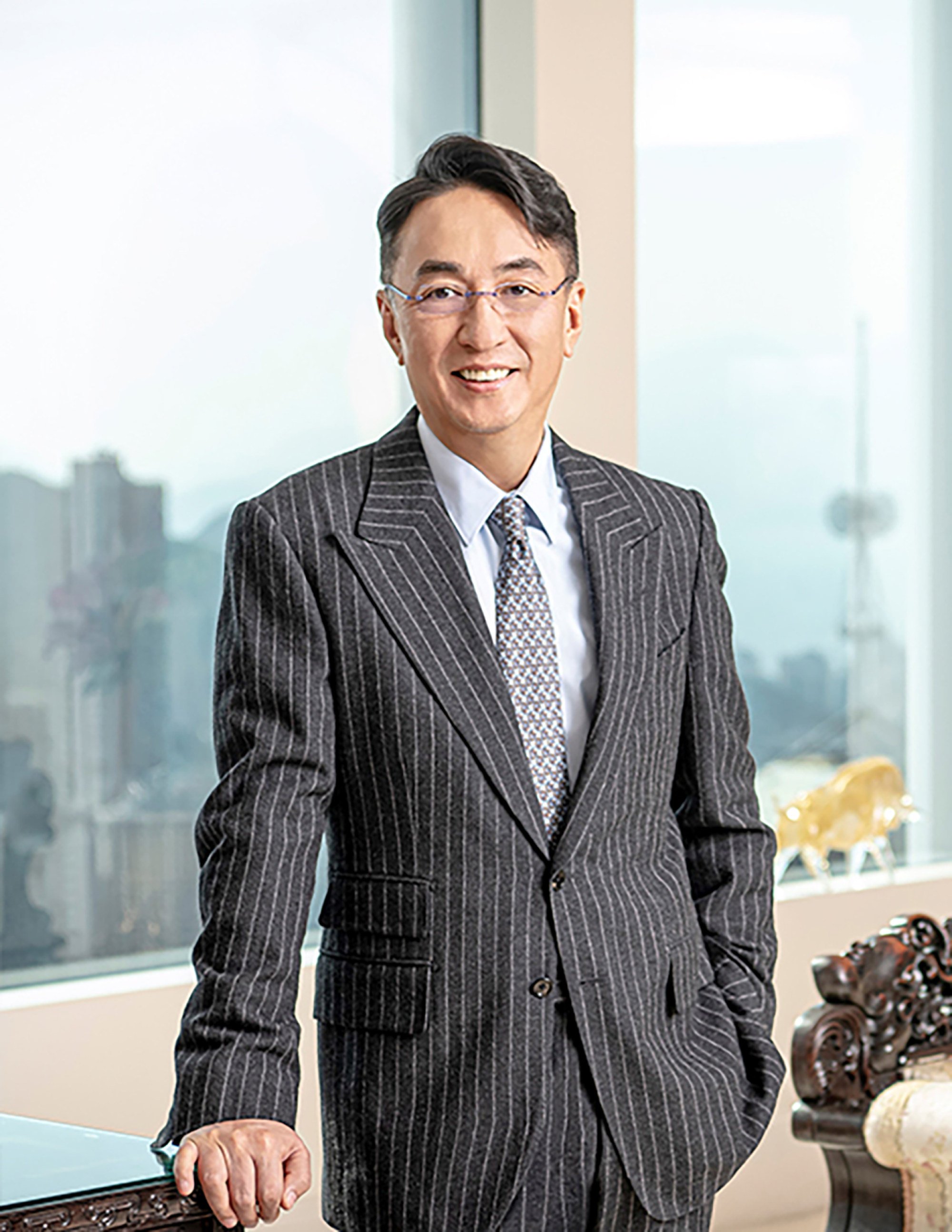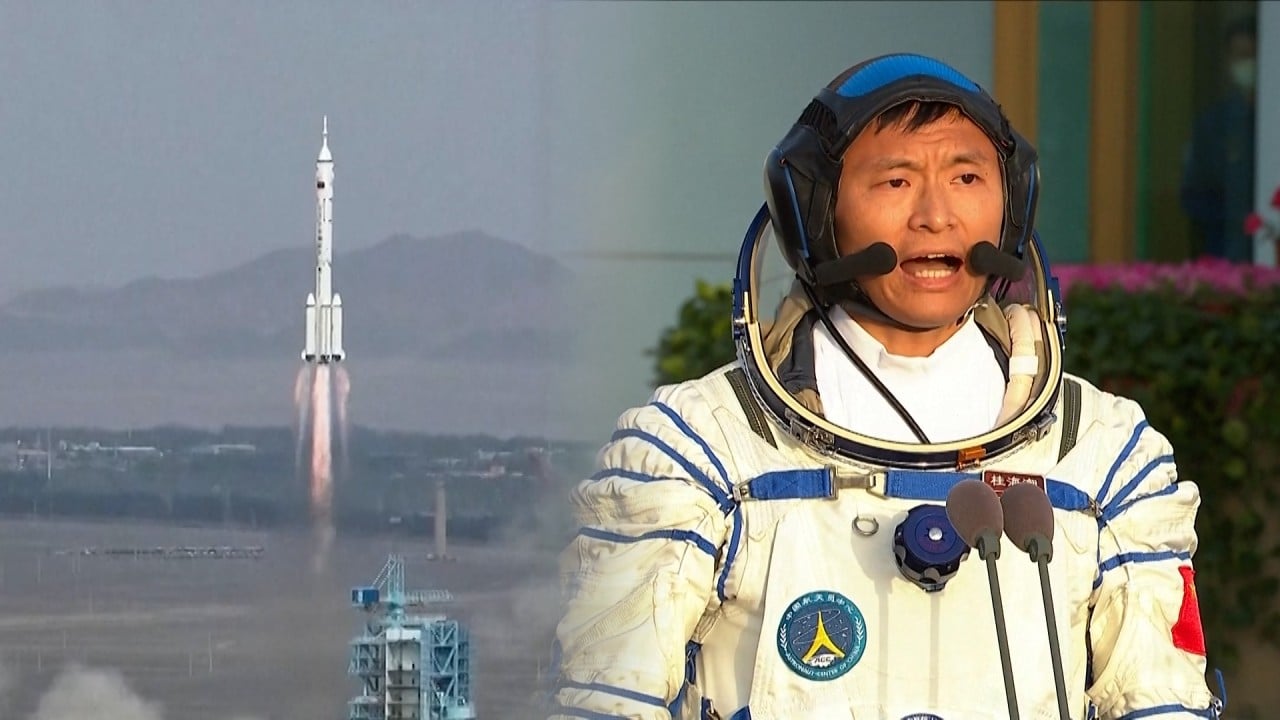
According to Zhang, the startup's product can be charged and discharged 30,000 times without interruption for 30 years. It is fireproof, operates at minus 40 to 50 degrees Celsius, and is 90 percent recyclable.
According to the International Energy Agency, global energy storage investment was estimated to exceed US$35 billion last year, up from US$20 billion in 2022, with most of it being installed on the power grid.
The two main applications for bulk energy storage today are electric vehicle batteries and utility-scale systems. The latter is EnerVenue's focus, used in the power grid to manage intermittent renewable power production and serve as a backup power source for industrial, commercial, and residential buildings.

The nickel-metal hydride system being developed by EnerVenue will compete with other grid storage technologies, including lithium-ion, sodium-sulfur, flow batteries, and hydropumps that store energy by pumping water from one reservoir to another at a higher elevation. Masu.
A year ago, EnerVenue announced it would build its first 1GWh factory in the U.S. on a 73-acre site in Kentucky (equivalent to 55 football fields) to house design, manufacturing and testing facilities.
A subsequent expansion phase could see the company's output capacity increase to more than 20 GWh per year, with a total investment cost of over USD 1 billion, supported by generous local government tax incentives. At the time, EnerVenue had customer commitments exceeding 7GWh, the company said.
In late 2021, EnerVenue, co-founded by Stanford University materials science and engineering professor Cui Yi and Lee's Full Vision, closed on US$125 million in Series A funding.
The funding round was led by Texas oilfield services company Schlumberger and attracted investment from oil giant Saudi Aramco, Beijing-based investment firm IDG Capital, and Fulvision, and will support battery research, marketing and production scale in China and the United States. Funded the expansion. .
“In 2018, we sat down with Professor Choi from Stanford University to discuss the next generation of batteries,” said Chan. “He said we had a solution, and he and my team put together a piece of paper with the intellectual property involved and the future direction of the company, and we were just five people and he founded EnerVenue. did.”





